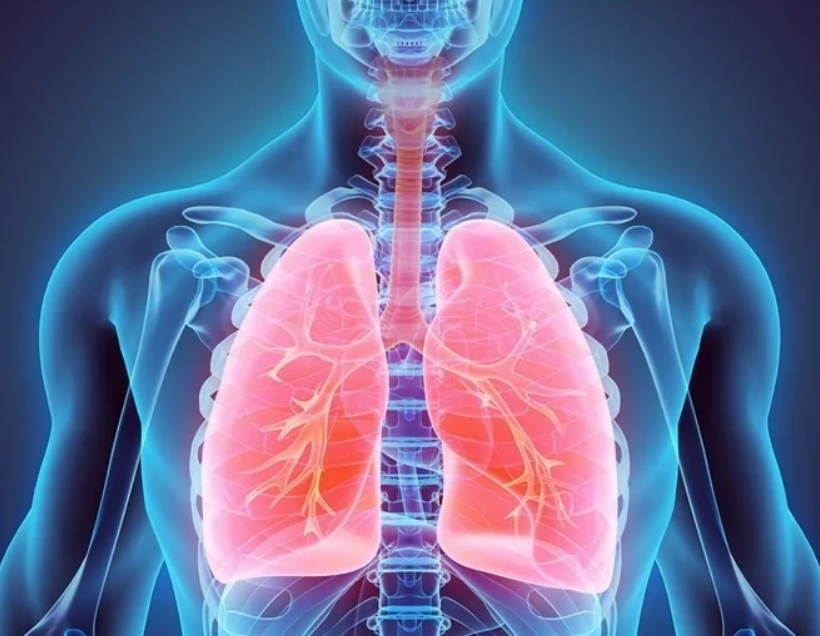
Can You Have COPD and Not Know It?
COPD is a debilitating condition that can drastically impact your quality of life and ultimately shorten your lifespan. With that said, many people do not experience symptoms in the earliest stages of the disease.
Does this mean it’s possible to have COPD and not know it? Find out more about the early symptoms of chronic obstructive pulmonary disease.
What Is COPD?
COPD stands for “chronic obstructive pulmonary disease.” It’s a condition that affects your ability to breathe properly. There are two main types of COPD — emphysema and chronic bronchitis.
Emphysema
Emphysema is a type of COPD that makes it harder to breathe due to damaged alveoli. The alveoli are the small sacs within your lungs that expand and fill up with oxygen when you breathe. If you have emphysema, these sacs are damaged and cannot fully expand to take in enough air.
Chronic Bronchitis
Chronic bronchitis is a type of COPD that can impact your breathing due to inflamed bronchial tubes. The bronchial tubes are responsible for transporting air to and from the lungs. When they become irritated and inflamed with chronic bronchitis, less oxygen can reach your lungs.
Early COPD Symptoms
Over time, COPD can lead to severe shortness of breath, rapid heart rate, and passing out due to lack of oxygen. These symptoms severely impact your quality of life and ability to function. While these serious symptoms occur later in your experience with COPD, what can you expect in the initial stages?
During the earliest stages of COPD, you may not know you have the condition. Early symptoms closely resemble the common cold or a respiratory infection. These symptoms include:
- Coughing
- Wheezing
- Sore throat
- Minor shortness of breath
- Fatigue
- Lack of energy
When you experience coughing and lack of energy, it would be normal to assume you have a simple cold. However, if these symptoms persist for more than a few weeks, you should seek an official diagnosis. For example, if a cough lasts for three months, it is cause for concern and requires a thorough evaluation from a pulmonologist.
They will run a series of tests to determine the underlying cause of your symptoms. This may include a chest X-ray and a pulmonary function test. These tests can detect COPD in its earliest stages and help you begin proper treatment.
How To Treat COPD
While there is no cure for COPD, beginning treatment early can help slow progression and manage ongoing symptoms. Your COPD treatment may include a combination of medications, breathing exercises, and supplemental oxygen.
Some patients are exploring regenerative medicine options to help manage their COPD condition with this therapy involving stem cell therapy to help focus on the inflammation and damaged tissues. Studies have shown this to be a potentially therapeutic option for qualified patients to explore.
If you are experiencing shortness of breath, chronic cough, or other early symptoms of COPD, speak to your doctor right away about the options you have that may be right for your healing journey.
This post was written by a medical professional at Stemedix Inc. At Stemedix we provide access to Regenerative Medicine. Regenerative medicine has the natural potential to help improve symptoms sometimes lost from the progression of many conditions. Click here to learn more.



